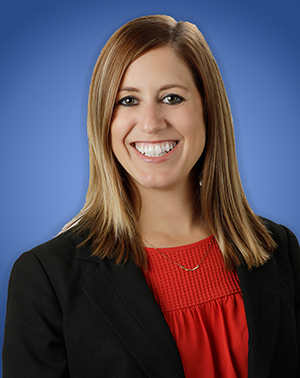
Carolyn L. Gemma
Partner | Walnut Creek
cgemma@lozanosmith.com
Tel: 925.953.1620
Fax: 925.953.1625
Vcard |
Bio
Overview
Carolyn Gemma, AWI-CH, is a Partner in Lozano Smith’s Walnut Creek and Sacramento offices. Ms. Gemma regularly advises educational institutions throughout the state on all matters affecting employment, students, and board governance. Her practice focuses on the following topics:- general compliance with state and federal laws as it relates to employees, students, and governing boards;
- employer response to complaints from staff, students, parents, and community members;
- employer response to grievances and unfair labor practice charges;
- employer response to CRD, EEOC, and OCR charges;
- employee discipline up through termination;
- reasonable accommodations afforded to employees;
- employee free speech;
- employee leaves;
- fingerprinting requirements;
- drafting, negotiating, and revising board policies, administrative regulations, employee handbooks, settlement agreements, and contracts;
- trainings regarding effective legal documentation, Title IX, Sexual Harassment, Workplace Investigations, and Mandated Reporter Obligations; and
- responding to Public Records Act requests.
Specific Expertise – Workplace and Title IX Investigations
As an Association of Workplace Investigators Certificate Holder (AWI-CH), Ms. Gemma brings specialized training to conducting and advising clients on workplace investigations. She also holds certificates of completion from ATIXA (Level 1 and Level 3 ATIXA Civil Rights Investigator Training) and T9 Mastered (Trauma Informed Approach to Workplace Investigations). Ms. Gemma has conducted hundreds of investigations for K-12 school districts, higher education institutions, municipal entities, and private employers, including but not limited to allegations of sexual harassment, sexual misconduct, harassment, discrimination, abusive conduct, and retaliation.Ms. Gemma takes a trauma informed approached to all investigations, whether it be advising clients on conducting internal investigations or conducting an independent, thorough investigation herself. She understands the complexity and stress that complainants, respondents, and educational institutions face when dealing with complaints, including but not limited to complaints involving allegations of sexual harassment and/or sexual misconduct. Ms. Gemma is well versed in the Title IX arena, including assisting clients navigate nuanced changes in the law; interplay between federal law and state law; the role of a Title IX Coordinator, and the informal resolution process.

